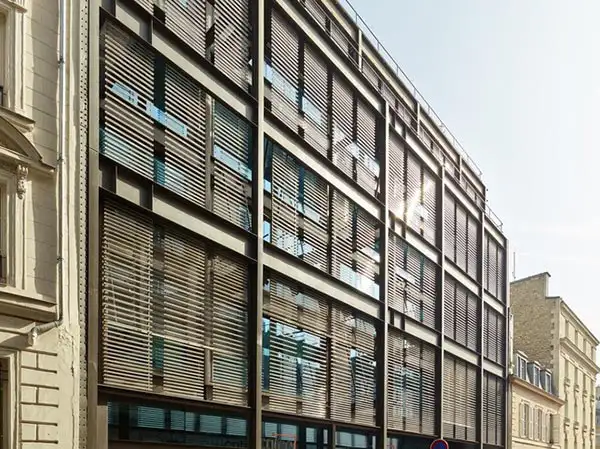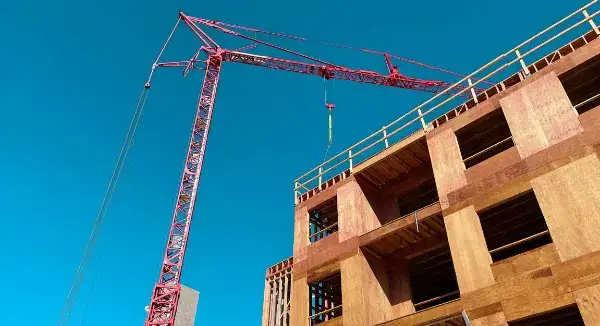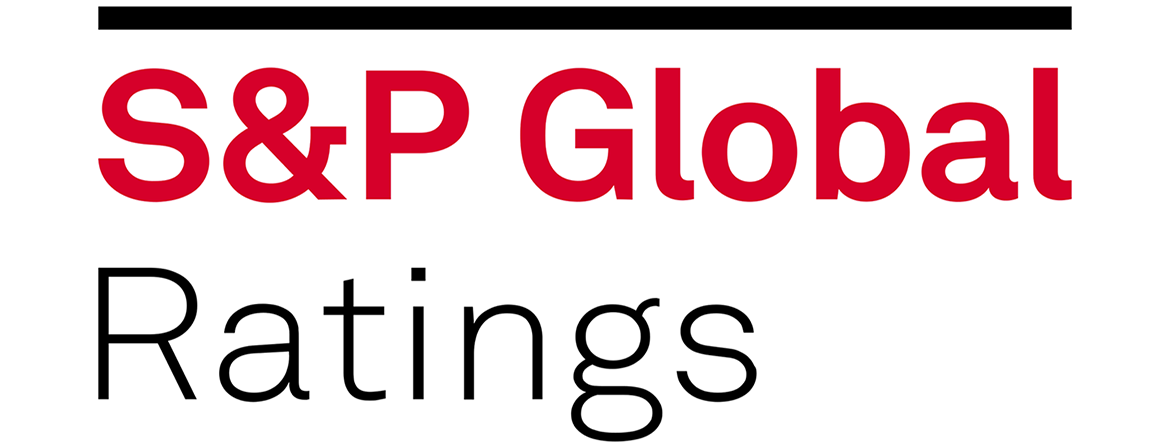Impact on real estate asset classes
The investment-grade status opens Serbia to a broader range of international investors who are restricted to investing only in countries with such ratings. This influx od additional capital is likely to increase demand for real estate, particularly in urban centres like Belgrade, driving property prices upward. This will encourage developers to initiate new projects, contributing to a more dynamic real estate market and potentially leading to higher property values as supply struggles to keep pace with demand.
Residential real estate
For Serbian residents, real estate has been the best value preservation asset and the safest investment bet, especially during economic uncertainty. With an investment-grade rating, outside investors may see Serbian properties as a viable option for wealth preservation as well, further driving prices upwards.
Cities like Belgrade and Novi Sad are prime locations for residential investments due to rising demand from both local and foreign investors. The affordable property prices compared to Western Europe make these cities particularly attractive. The credit rating upgrade signals a more stable economic environment, which can boost consumer confidence and encourage both domestic and foreign buyers to invest in real estate. Higher demand typically leads to increased property values.
We predict increased interest for property investments from Serbian diaspora, foreign individual investors and expatriate community living in Serbia all wanting to take advantage of the growing RE market. However, residential property buyers increasingly seek modern properties equipped with high-quality amenities and sustainable designs. The developers should focus on eco-friendly construction practices and energy-efficient buildings.
With more foreign investors and expatriates moving into Serbia, there will likely be a rise in demand for rental properties. This trend can create opportunities for property owners looking to generate passive income from rentals. The rental market is expected to thrive, particularly in Belgrade, where high rental yields make it an attractive option for investors looking for passive income. The influx of expatriates and foreign workers may further boost demand for rental properties.

Commercial real estate
Office space: There is a significant demand for modern office spaces in Belgrade, fuelled by the expansion of multinational corporations and startups establishing regional headquarters. This sector is likely to see substantial foreign investment as companies seek quality office environments. This trend is expected to continue as the Serbian economy integrates further into global markets.
Retail properties: As consumer spending increases with economic growth, retail spaces in urban areas are expected to attract investors looking for stable returns. The rise of e-commerce may also lead to increased demand for logistics and distribution centres.
Logistics and warehousing: Serbia's strategic location in Europe makes it an attractive hub for logistics and distribution. Investments in industrial properties, including warehouses and manufacturing facilities, are expected to rise as companies look to capitalise on Serbia's growing economy and transportation networks. Serbia's central location in the Balkans and its network of free trade agreements enhance its appeal as a logistics hub for international businesses, making related real estate investments more attractive. The trend of nearshoring of production capacities and their transfer from China and other Asian countries nearer to consumer markets in Europe should also drive demand for industrial real estate.

Hotel and resort investments: With Serbia's increasing popularity as a tourist destination, there is potential for growth in the hospitality sector. Foreign investors may look to capitalise on this trend by investing in urban or destination spa or mountain resort hotels and resorts. Many popular tourist destinations such as Vrnjacka Banja, Zlatibor or Kopaonik have witnessed a construction boom and sales of holiday apartments. This is likely to continue as foreign individual investors and diaspora may find such property desirable for investment. Events such as EXPO 2027 Belgrade are likely to attract foreign investors in the hospitality sector too.
As a conclusion, the investment-grade rating is expected to enhance the attractiveness of various sectors within Serbia's real estate market, particularly residential, commercial, industrial and tourism-related properties. These sectors offer promising opportunities for both foreign and domestic investors looking to enter or expand their activities in the Serbian market.

Impact or real estate financing
Increased foreign investment
The investment-grade rating is expected to attract more foreign real estate investors to Serbia. Investors are generally more inclined to enter markets that demonstrate financial stability and growth potential. The foreign institutional investors could be either strategic (property developers who invest directly or in joint ventures with local investors and developers) or financial (equity or debt investment funds).
Many institutional foreign investors were restricted by their mandates from investing in non-investment-grade countries. Serbia’s new status opens the market to these entities, leading to increased capital inflows.
Lower cost of debt finance
The Serbian Banking sector is well-capitalized and liquid, which facilitates lending for real estate projects. Local project are mostly financed by domestic bank deposits. Consequently, the financing costs for projects financed by local banks is determined by the referent interest rate set by the NBS and commercial interest rates set by the local banks. In the last interest rates review in October 2024, NBS kept the interest rate unchanged at 5,75% but Erste Bank predicts NBS will drop the referent interest rate by 25bp to 5,5% by the end of 2024.
Some large borrowers may be able in the medium term to raise loan from either foreign banks or private debt funds abroad. The investment-grade rating typically leads to lower borrowing costs for both the government and private sector. This means that developers and investors can secure loans at more favourable interest rates, making real estate projects more financially viable.
Access to equity finance abroad
There is a shortage of equity capital needed for real estate projects because of which many real estate projects cannot meet criteria for cheaper bank finance. In order to overcome the problem, the developers in Serbia (and we have seen it in Montenegro too) enter into a compensation scheme of “works and/or supplies for square meters” whereby the construction services or construction material supplies are not paid in cash but in square meters of the future development. It is pure equity finance by the construction company or the supplier. The cost of capital is usually 20%+. The developer has very little chance to use much cheaper bank finance. That drastically reduces his ROE. The contactor/supplier will eventually have to sell the apartments received in lieu of monetary payment. Since his ROE is higher, he can always sell the apartments received in lieu of payment at a lower price than the developer thus further eroding developer’s profit.
The most important impact from the investment grade we see in Serbian real estate market is developers being able to access finance from a wider range of international private equity funds who are looking for stable investment opportunities in countries with credit ratings. Many investment funds, who previously could not finance real estate projects in Serbia because of its “junk” investment status are now in the position to do so. For Serbian developers, easier access to equity funding will lead to easier and cheaper bank funding, thus, making their projects more profitable. The availability of new financial instruments tailored for real estate financing in Serbia will likely expand as investor interest grows, allowing for more sophisticated and complex type of real estate finance for small or larger-scale projects.

As a conclusion, Serbia's investment-grade rating is poised to significantly enhance the availability of financing for real estate projects by lowering costs, improving access to capital markets, boosting investor confidence, strengthening the financial sector, and fostering a positive macroeconomic environment. These factors collectively create a more favourable landscape for real estate development in Serbia.
© SEECAP Konsalting doo;
Published
